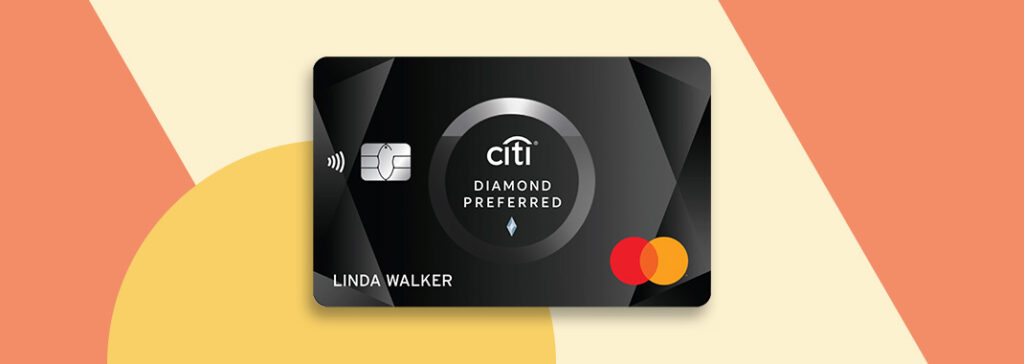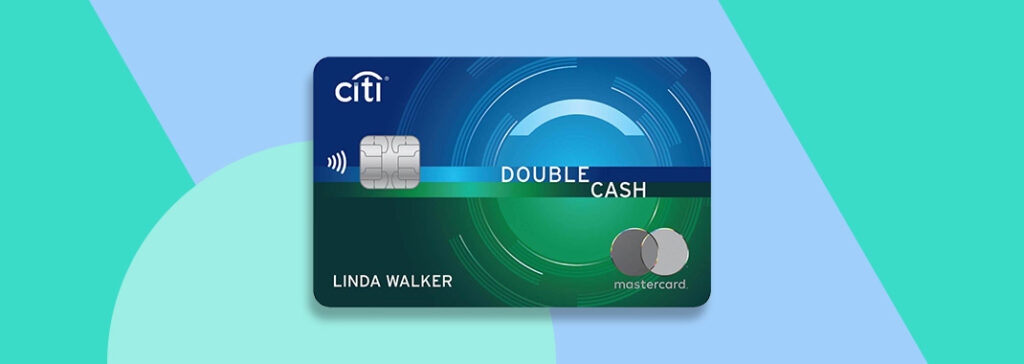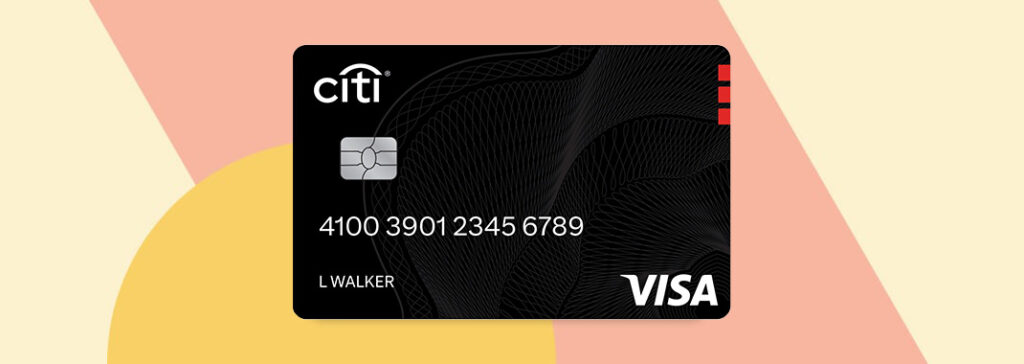Most products on this page are from partners who may compensate us. This may influence which products we write about and where and how they appear on the page. However, opinions expressed here are the author's alone, not those of any bank, credit card issuer, airline or hotel chain. Non-Monetized. The information related to Chase credit cards was collected by Slickdeals and has not been reviewed or provided by the issuer of these products. Product details may vary. Please see issuer website for current information. Slickdeals does not receive commission for these products/cards.
A health savings account (HSA) offers impressive tax benefits that go beyond medical expenses. Depending on your situation and financial goals, it can be a great way to minimize your health costs and even save for retirement.
However, an HSA may not be the best option for some people, particularly those with significant healthcare needs or who are on a tight budget. Here are some things to consider to determine whether an HSA can work for you.
Featured Tax Prep Software
| Tax Service | Best For | Learn More |
|---|---|---|
 TaxSlayer |
Value |
This product is currently not available via Slickdeals. All information about this product was collected by Slickdeals and has not been reviewed by the issuer. |
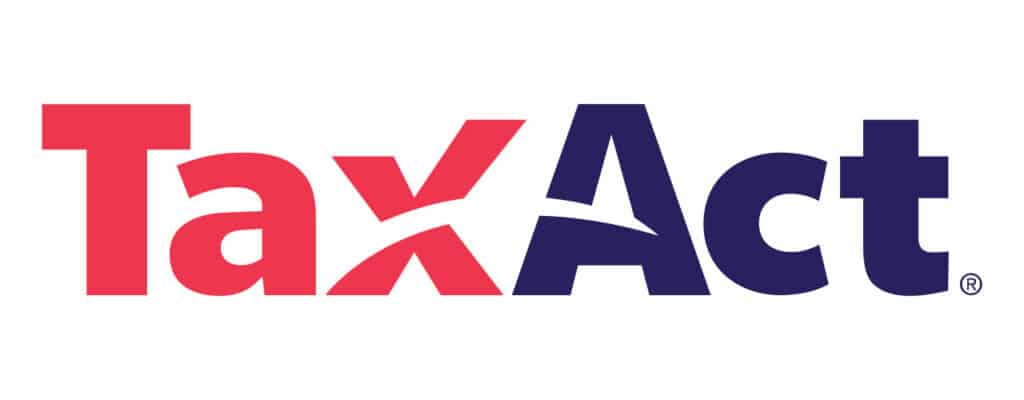
TaxAct |
Accuracy guarantee |
This product is currently not available via Slickdeals. All information about this product was collected by Slickdeals and has not been reviewed by the issuer. |
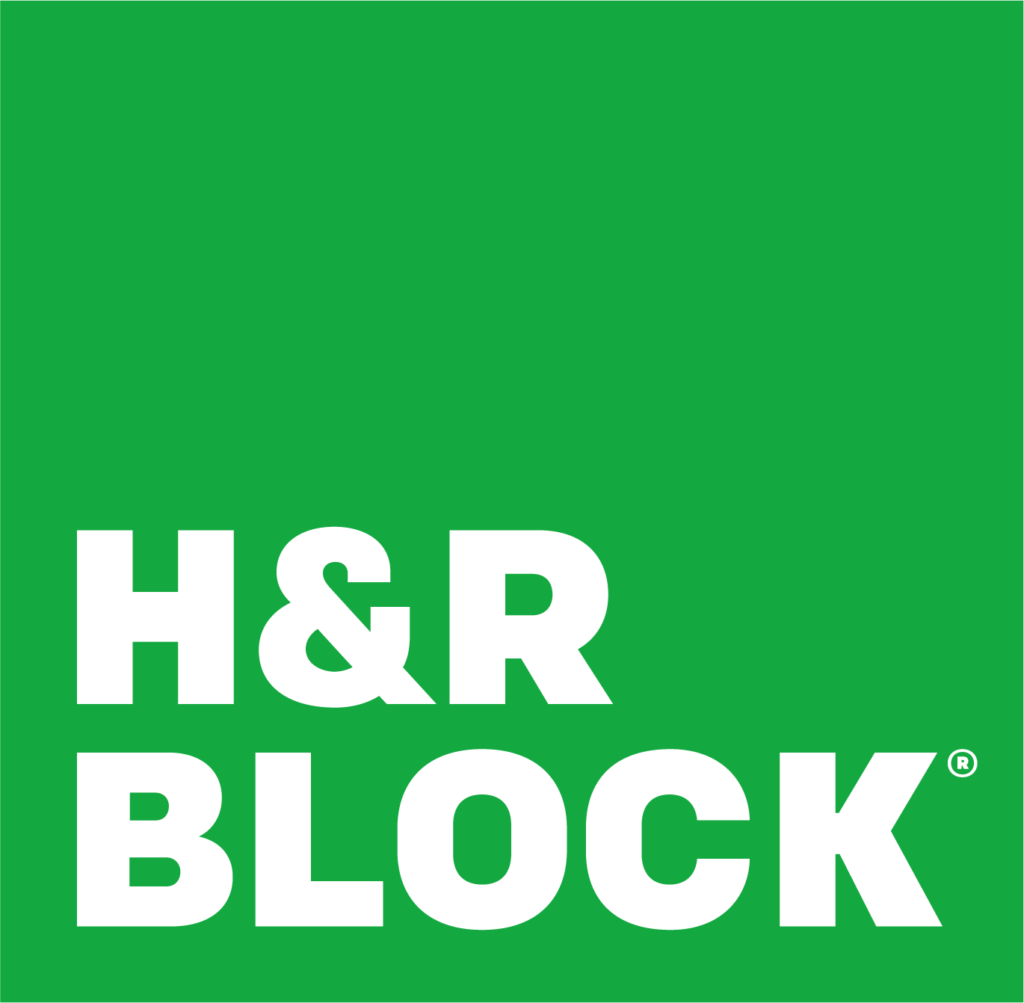 H&R Block |
Live support |
This product is currently not available via Slickdeals. All information about this product was collected by Slickdeals and has not been reviewed by the issuer. |
Health Savings Account Tax Benefits
HSAs offer what experts refer to as a triple tax advantage. Here's how it works:
- Contributions are tax-deductible: You can deduct any contributions you make to a qualified HSA on your federal tax return, up to a maximum of $4,
150 for self-coverage or $8,300 for family coverage in 2 024. In most states, you also won't pay state income taxes on your HSA contributions. - Earnings grow tax-free: You can invest
your HSA funds , and your earnings will grow tax-free. - Qualified withdrawals aren't taxed: When you withdraw money from an HSA for qualified medical e
xpenses, such as office visits, prescriptions, and certain equipme nt, you can do so without incurring a tax bill.
Note, however, that non-qualified distributions are typically subject not only to your ordinary income tax
Health Savings Account Retirement Benefit
While an HSA is primarily designed to help defray the cost of medical care, you can also use it to supplement your retirement savings. Healthcare may become one of your more significant expenses as you get older, and having tax-free dollars to cover those costs can make a huge difference.
What's more, once you reach the age of 65, you'll no
Health Savings Account Costs
In addition to the costs of managing an HSA, you'll also need to consider the costs of having a qualified health insurance plan and the costs of ongoing medical care under that plan.
HSA Plan Costs
Management fees for an HSA depend on which financial institution you use. In most cases, you can expect to pay less t
Explore the Best High-Yield Savings Accounts
Visit the Marketplace
Health Plan Premiums
To qualify for an HSA, you need to have an eligible high-deductible health plan (HDHP). To qualify as
HDHPs tend to be the cheapest health insurance option because they don't offer much coverage until you reach your annual deductible.
According to the Kaiser Family Foundation, here are the
| Coverage Type | HDHP | PPO |
|---|---|---|
|
Individual |
$99 |
$126 |
|
Family |
$442 |
$592 |
Ongoing Medical Expenses
HDHPs are cheaper than other health insurance plans because th
To get an idea of what the cost difference could be for you, take a look at your claims from the last year or so.
For example, if you visited the doctor five times in the past year, and you have a $
Is a Health Savings Account Right for You?
Ultimately, the question of whether an HSA works for you depends on your situation. Here are a couple of simple examples to consider.
Example 1
Let's say you're single and relatively healthy, and you can max out the self-coverage contribution limit of $4,150. Your effective tax rate is 15%. Here are some potential
| Costs/Savings | HSA | No HSA |
|---|---|---|
|
Annual health plan premium |
$1,193 |
$1,507 |
|
Office visits |
$550 |
$225 |
|
Prescriptions |
$250 |
$60 |
|
Federal tax break |
$623 |
$0 |
|
HSA earnings (7%) |
$291 |
$0 |
|
Total Costs |
$1,079 |
$1,792 |
In this scenario, having an HSA can be a great way to sock away some money for future healthcare needs and take advantage of some great tax perks.
Example 2
If you, a spouse, or a child have significant — or less predictable — medical needs, or you don't have a lot of money to spare each month, you may not be able to fully take advantage of an HSA's benefits.
In this scenario, let's say you can only afford to contribute $5,000 toward your family HSA, and you have a 20% effec
| Costs/Savings | HSA | No HSA |
|---|---|---|
|
Annual health plan premium |
$5,302 |
$7,108 |
|
Office visits |
$1,650 |
$675 |
|
Prescriptions |
$600 |
$145 |
|
Emergency room visit |
$3,000 |
$250 |
|
Federal tax break |
$1,000 |
$0 |
|
HSA earnings (7%) |
$350 |
$0 |
|
Total Costs |
$9,202 |
$8,178 |
Even with the HSA's tax break, having an HDHP plan in this scenario would be more costly than sticking with a PPO.
Determine if an HSA Is Right for You
To determine whether an HSA is right for you, take a look at your financial situation. Some things to consider include your estimated medical expenses for the year, the amount you can reasonably contribute to an HSA, and your estimated effective income tax rate.
To get an idea of what these might look like, review your budget, tax return, and medical expenses for the previous year.
Once you've run the numbers, you can make an educated decision about how to proceed.
















